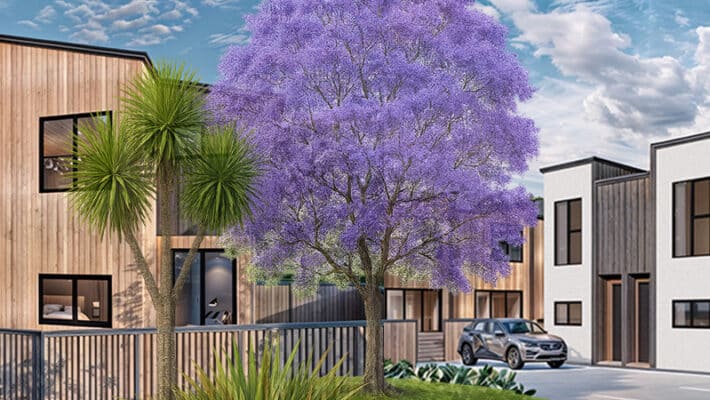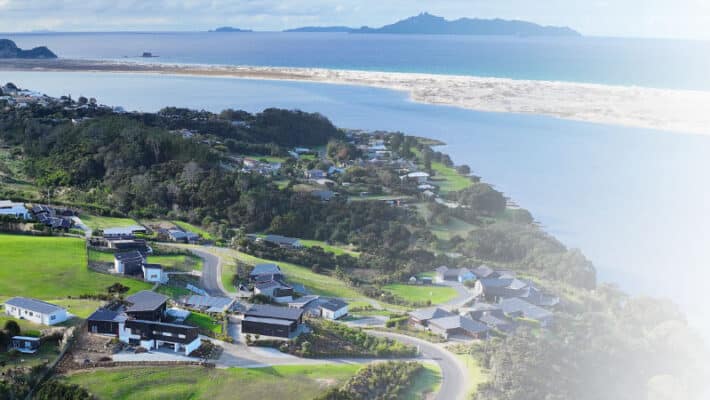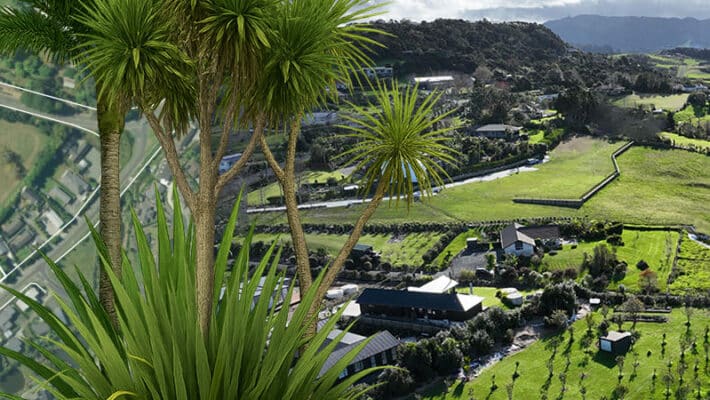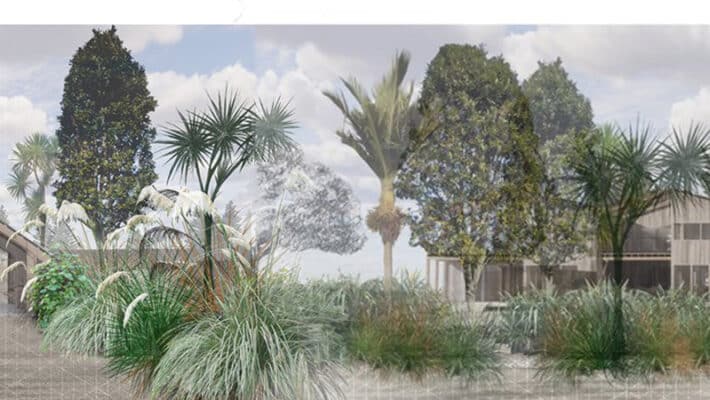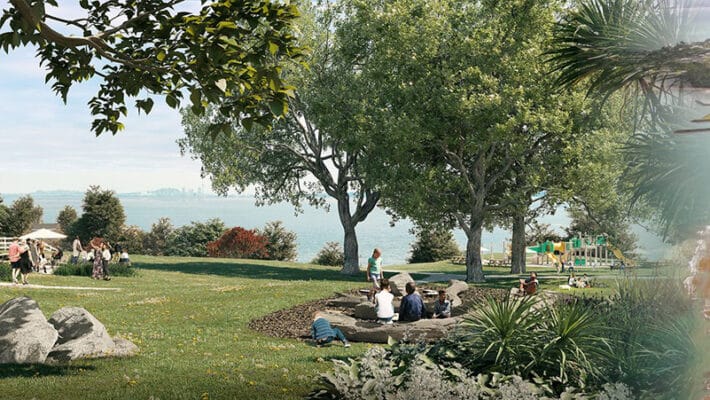WHAT WE DO
Resource Consents
Consent Advice, Application Preparation and Consenting
- Subdivisions
- Housing Developments
- Development Control Infringements
- New land uses
- Change of land use
- Earthworks and Infrastructure
- Tree and vegetation removal
- Land Contamination
- Environmental – Landscape, Flood Plain, Vegetation
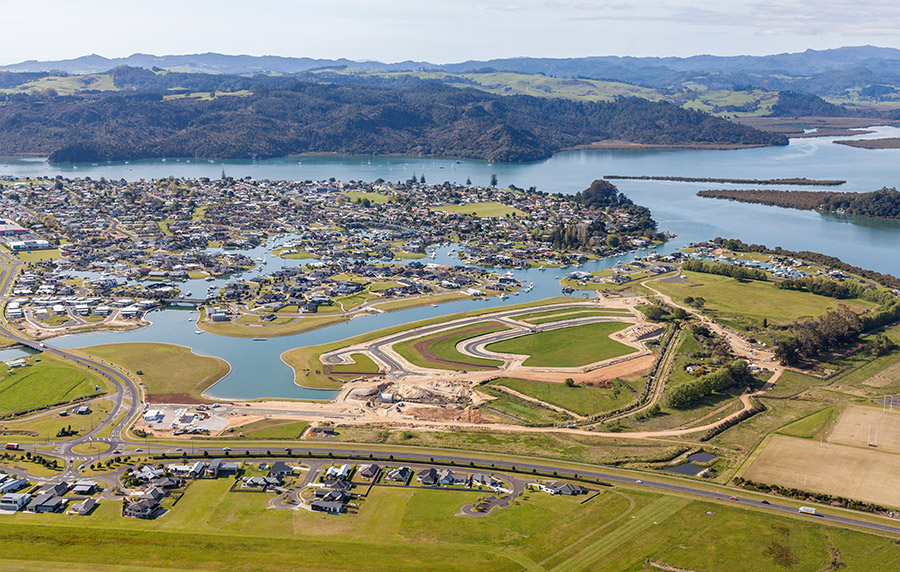
The team at Cato Bolam are Resource Consent experts. All subdivisions, and many other developments or land uses require a Resource Consent. A significant component of our land development consultancy work involves carrying out the many tasks required to support and implement projects requiring a Resource Consent.
Resource Consent processes tend to be highly complex meaning a combination of Resource Consents will often be necessary. This process can involve many people, not only on the applicant’s team, but also within Council after the application is lodged. As experts in this area, we have the experience and skills to achieve results. Our team of highly experienced planners and other professionals are familiar with the many different kinds of development requiring a Resource Consent and are also well used to what is required to obtain consent in the shortest time possible.
We know the importance of listening to our clients, understanding their objectives, and working collaboratively to ensure every project reaches its full potential. Our experience and knowledge as land development consultants enables us to provide clients with a sound understanding as to what hurdles may be faced in achieving Consent – we are not afraid of challenges and pride ourselves on giving good advice and “Creating Great Places.”
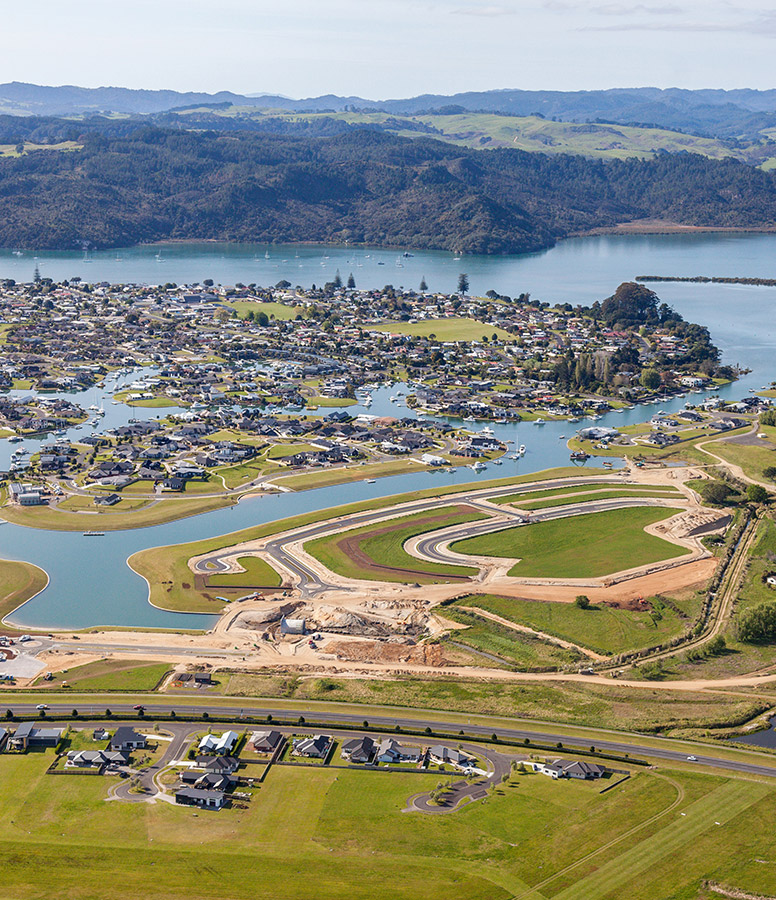
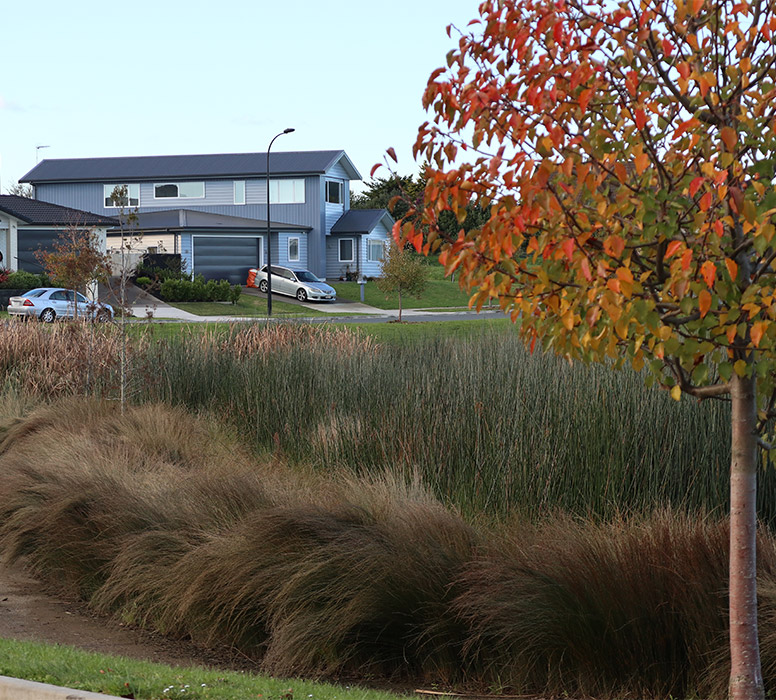
Assessment of Environmental Effects (AEE) Report
Every Resource Consent application requires an application report – the Assessment of Environmental Effects (AEE). The AEE will be supported by a number of specialist technical reports relevant to the project and the issues it could raise. All of these reports are coordinated and prepared in a way as best matches the requirements of our client and the various District and Regional Plans. Overall, there is an important component of Project Management involved – we place high importance on keeping our clients informed at every step.
Need a resource consent? Complete the form on our contact us page and one of our representatives will be in touch.
Find out what opportunities exist for your property.
Book a free discovery call today
FREQUENTLY ASKED
Resource Consents
What does a Resource Consent cost?
Even the simplest resource consent will cost $2,000 to prepare and process through Council. Complex resource consents can cost many thousands in consultant and Council fees. Our initial estimate will outline what the likely costs will be.
Do Resource Consents expire?
Generally, resource consents expire after 5 years.
Is a Resource Consent different from a Building Consent?
A resource consent is processed under the Resource Management Act and district or regional plan and covers the land use, subdivision or discharge parts of the development. A building consent is prepared and processed under the Building Act and covers the building structure itself. Building consents will usually follow the resource consent stage and building works cannot commence until all required resource cosents are obtained.
How long does it take to prepare a Resource Consent application?
We can advise at our initial meeting how long it will take to prepare a resource consent application. This will depend on the complexity of the project and how many inputs will be required. For a very simple proposal we may be able to prepeare an application within two weeks. A very large development may take 6 months to prepare. Our advice to clients is to take care in preparing applications so that they are comprehensive and cover what we know the Council will be expecting - this saves frustration and time later in the process.
What is the resource consent process?
On behalf of our clients we prepare the resource consent application and manage the process through to approval. The process often begins with a pre-application meeting with Council staff at which time any necessary mofictions to the development are discussed with our clinet. The application is then prepared and lodged. The Council will often then ask for further information (the "Section 92) and we work though that until Council staff are happy they have everything they need to finalise the consent. Almost all applications follow a "non-notified" process, although there is often the need to consult with tangata whenua and neighbours.
Who has experience in preparing resource consent applications?
Our planners are experts in preparing resource consent applications. They work with our other experts to complie all of the design, information and analysis necessary to go in to the resource consent.
Do I need a Resource Consent?
To find out whether or not you need a resource consent people often go to a Council service centre or phone the Council helpdesk. We can give the same preliminary advice, often over the phone.
Who can help with a Resource Consent?
There are many types of resource consent, and often more than one resource consent that is required for a particular development. There is a huge advantage in involving a consultant who can identify what resource consents are required, and guide clients through the process of gaining those consents. This is a core part of what we do. Our planners are trained to understand council rules, to work alongside our other specialist staff to prepare resource consents and to work through the process of obtaining the consents.
Resource Consent Stages
- Not all housing projects will require a resource consent – in most zones up to three dwelling units can be permitted. However, a resource consent may be required for just part of the project. For instance, there may be a need for an earthworks consent, if permitted activity volumes are exceeded. Cato Bolam will identify and advise on what resource consents will be required as part of the due diligence stage. If subdivision is proposed, a Subdivision Consent will be required.
- Council rules set out what is expected in an application for resource consent. Planning and engineering analysis will often be required, and a range of other expert inputs may be necessary, such as supporting reports from a traffic engineer, landscape architect, geotechnical engineer, land contamination specialist, arborist and ecologist. Many of these disciplines are provided by Cato Bolam, and we will co-ordinate and project manage any others that are necessary.
- A Cato Bolam planner, under the direction of one of our Directors, will typically coordinate the consent process and will prepare the resource consent applications within a report known as an Assessment of Environmental Effects (“AEE”). The AEE will include an assessment of all the inputs required in relation to the consent criteria.
- Consents are almost always processed as “non-notified”, however depending on what rule infringements are involved it may be possible that a neighbour’s consent is required or, in rare cases, the application needs limited (to neighbours) or full (public) notification.

